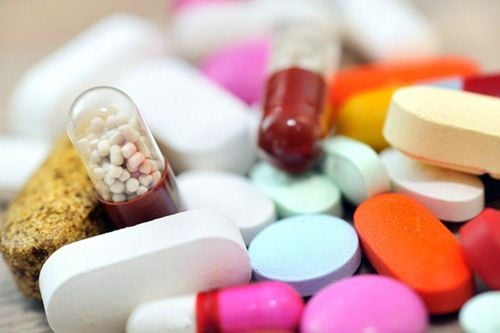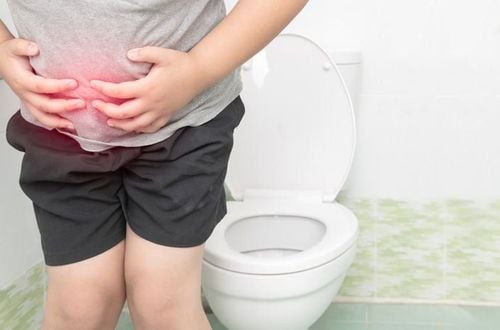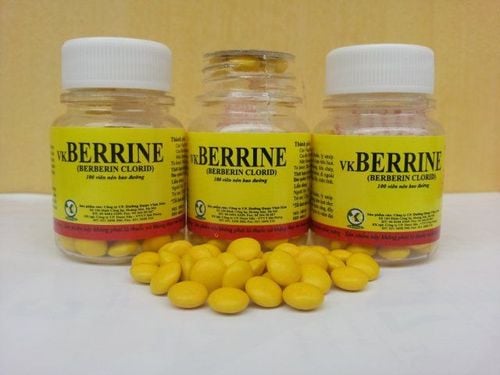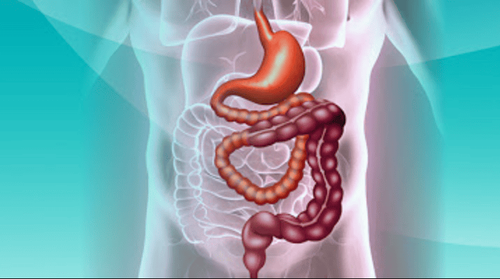This is an automatically translated article.
Water is especially necessary for life. Water makes up a large amount of water in the body. A person cannot survive without water for about a week. Moreover, water also brings a lot of benefits to the body when provided in sufficient quantity such as: Helps joints work better, or makes the heart stronger... This article will provide more information. Information about the benefits of drinking enough water.
1. You drink water regularly every day
Usually you get a little constipated if you don't drink enough water. In addition, certain factors such as: Inactivity, dietary changes, illness, and even stress can add to constipation. Constipation usually goes away on its own, but you can improve it with exercise, over-the-counter medications, and of course, water.
Furthermore, you should see your doctor if your constipation persists for more than a week or two or you have dizziness, abdominal pain, or blood in your stools. These conditions can be signs of a more serious medical problem.
2. The joints of the body work better
What is the effect of drinking enough water? Water makes up a large part of your joint cartilage, helping to absorb shock and smoothing movements of bone against bone. Water can also help prevent gout, a painful joint condition. Furthermore, the effect of drinking enough water will help flush out toxins from the body that can cause arthritis.
3. Helps you sweat
Sweating takes place as a good thing for the body. When sweat evaporates from the skin, it cools down the body. So it's a good idea to drink a few extra glasses of water a few hours before you go out to exercise. Plus, try to take about 10 large sips every 15 minutes or so during your workout. However, you may not notice any sweat loss if you work out in a pool or air-conditioned gym.
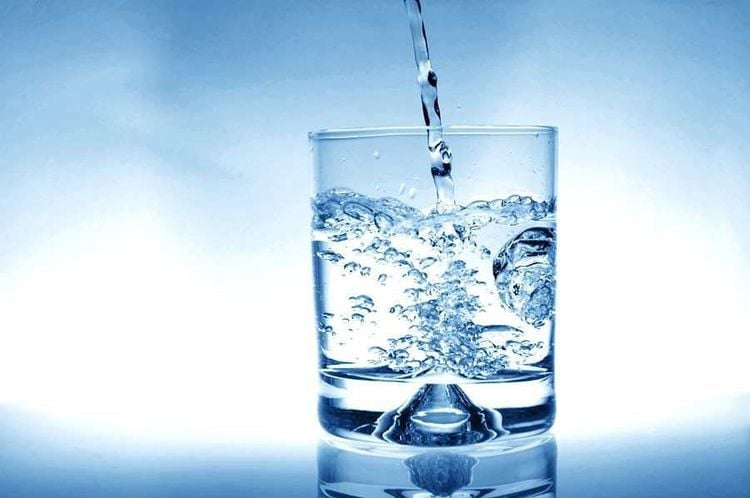
Đổ mồ hôi diễn ra được xem như một điều tốt cho cơ thể
4. You can avoid dehydration
Without enough water, you may lose too much fluid. You can also lose the sodium and potassium your body needs, especially true in hot weather. When this happens, you may feel thirsty, urinate less often than usual, and your mouth may become dry. In addition, you may experience sensations such as: Dizziness, lightheadedness, and confusion.
5. Your kidneys are healthier
Water helps the kidneys remove as well as eliminate waste from the blood and body. If you don't get enough water, that waste - along with the acid - can build up, which can lead to your kidneys becoming blocked by proteins called myoglobin. Dehydration can also lead to medical conditions of kidney stones and urinary tract infections.
6. Keep your brain sharp
You may also not remember, think clearly, or focus easily when you are dehydrated. And your dehydration is not serious. However, when it comes to dehydration, it can happen if you're just a little behind where you're supposed to be.
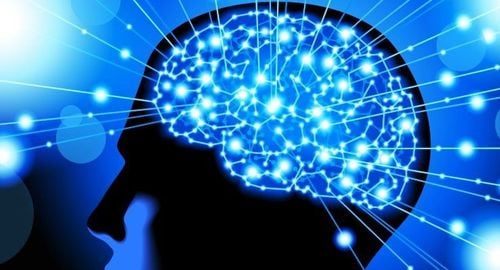
Mất nước khiến não mất tập trung
7. You can achieve good results in sports
Even mild dehydration can make you tired. So it makes sense that athletes who replace the sweat they lose with water and electrolytes (minerals like sodium and potassium) will have lower body temperatures, more muscle, stronger hearts, and better minds. more brain and more energy. All increase better performance.
8. You can be effective in the process of losing weight
People who drank only 2 or 3 extra cups of water per day seemed to have less fat, sugar, salt, and total calories for the day. That means proper hydration can help you lose weight.
Water supplements can replace the empty, sugary calories that many people use with meals. Water also seems to speed up your metabolism, and it takes up space in your stomach so you feel fuller.

Uống nhiều nước giúp bạn giảm cân
9. Your heart works better
Your heart doesn't have to work as much when you drink enough water. In fact, even mild dehydration affects your blood vessels making them less elastic, like smoking a cigarette. Drinking more water also leads to less blood in the body, which can lower blood pressure and increase heart rate.
10. You are less likely to faint
You are less likely to faint during a blood transfusion if you drink enough fluids. The same seems true if you're careful to replenish water lost through sweat or urine. When the level of water in your body is a little lower, your blood pressure can drop and your nervous system can also get out of control, possibly causing you to pass out. Watch out for this if it's hot outside and especially when you're exercising.
11. How much water should be enough?
A good rule of thumb for both sexes in terms of daily water intake: 15 cups per day for men and 11 cups per day for women. But keep in mind that your daily water intake will include the total amount of fluid you use during the day. You get 20% to 30% of your water from food. However, you can get more fluids from other drinks such as juice, tea, and milk. If you're sick, you'll need to stay hydrated, especially if you have diarrhea or vomiting. If you're exercising or out in the hot sun, you should also focus on working out a little more.
12. You should also not drink too much water
Too much water can dilute the salts in your blood to the point of causing you to experience hyponatremia. Also, you don't want to abuse it if you have certain health problems or take medications that make you stay hydrated, like: NSAIDs, opioids, antidepressants, or others. The effect of drinking enough water to keep the urine a little yellow, but not so much that the urine is always clear or you spend all day in the bathroom.
Please dial HOTLINE for more information or register for an appointment HERE. Download MyVinmec app to make appointments faster and to manage your bookings easily.
Reference source: webmd.com





